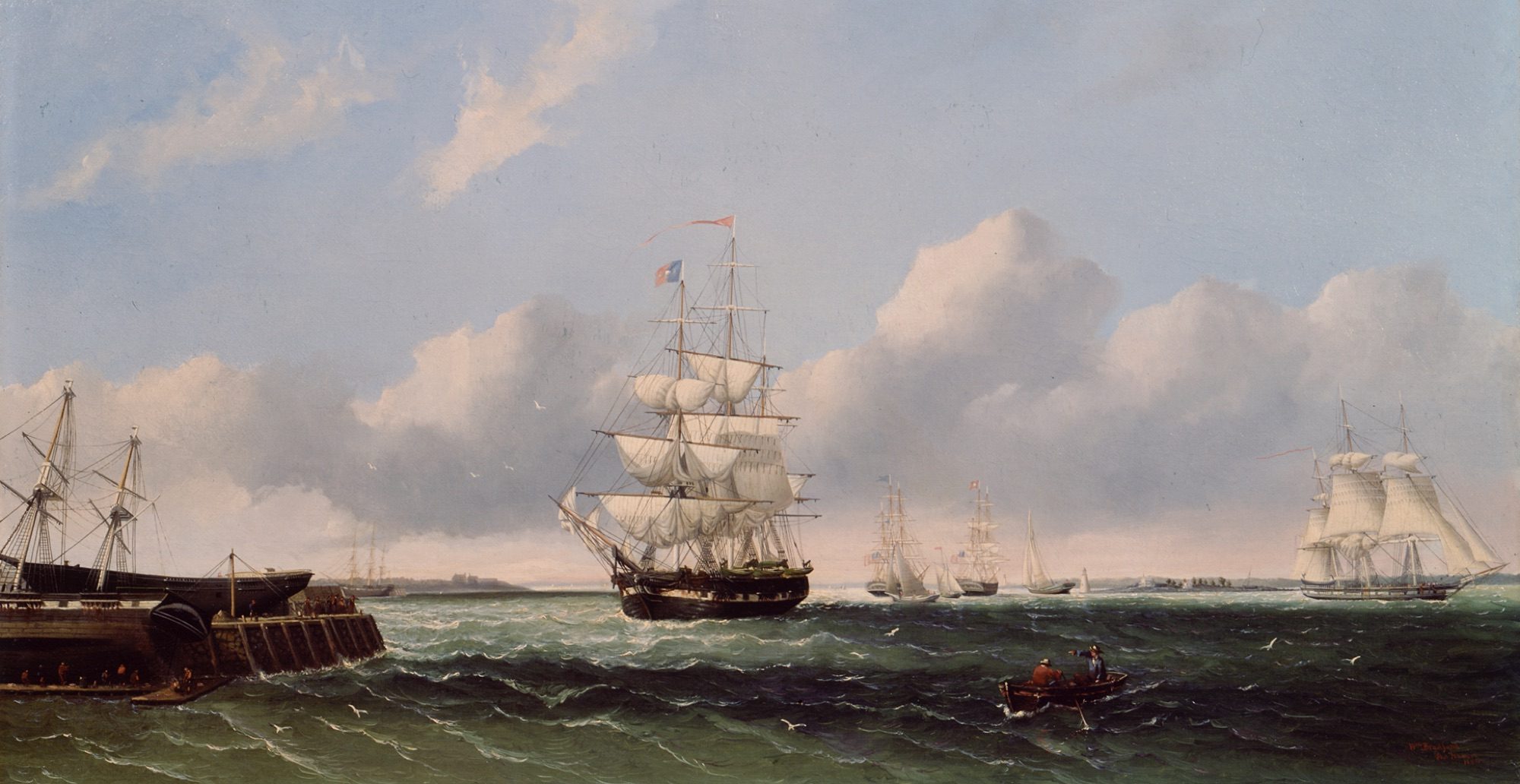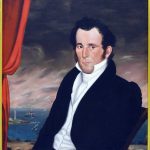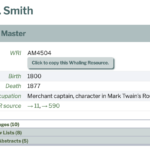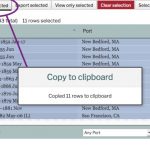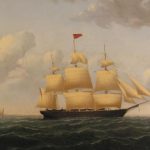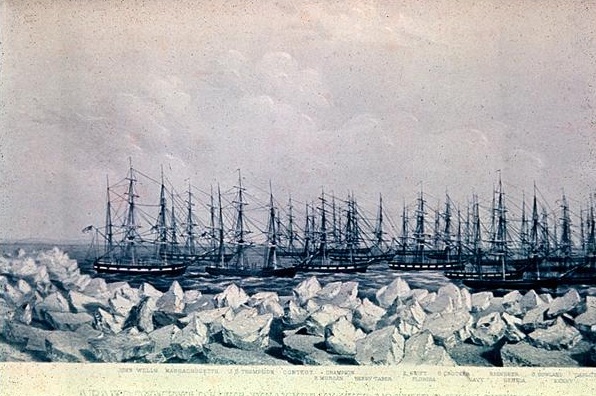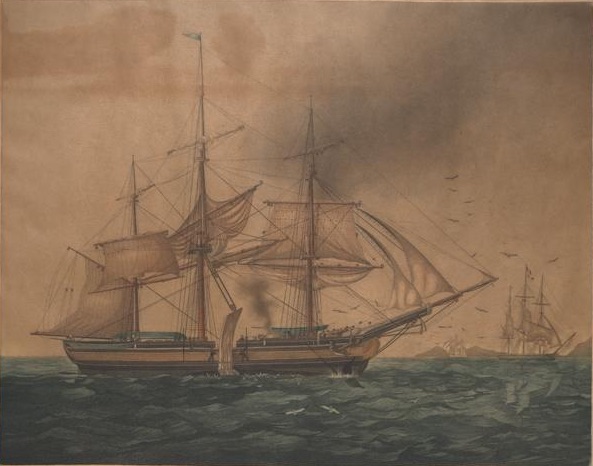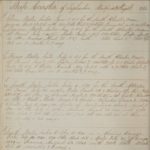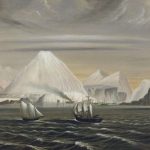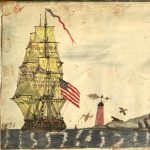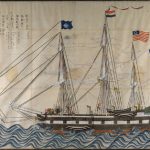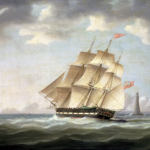This data-driven site is of use to a wide range of people, from family historians searching for ancestors, to scholars of the whaling industry, to teachers and their students.
Whale oil provided fuel for lighting and lubrication for the gears of the industrial revolution, until it was replaced by petroleum products in the mid-nineteenth century. In the United States the whaling industry ranked ninth in overall value to the economy at its height in the mid-1840s. The documentation of that industry is extensive; the data presented here combines information from many sources including logbooks, journals, ship registers, newspapers, business papers, and custom house records.
- Available now: American Offshore Whaling Voyages, the British Southern Whale Fishery, British North American Whaling Voyages, French Whaling Voyages, Scottish Whaling Voyages, and Australian Whaling Voyages. Within this data are links to crew lists, digitized logbooks, and scanned source materials.
- Coming next: Links to whaling artifacts in museum collections, whale distribution maps, and new ways to embed and share Whaling History content in projects, presentations, and exhibitions.
